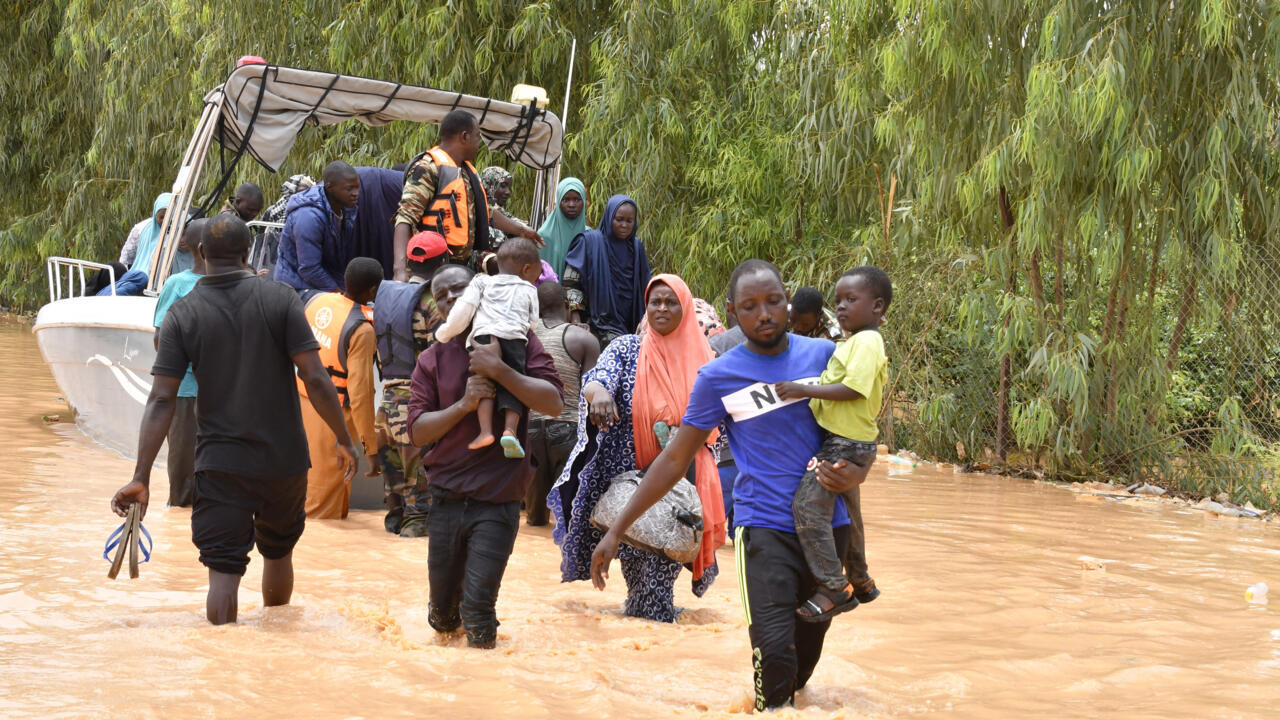News Flash
News Flash

NIAMEY, Niger, March 1, 2025 (BSS/AFP) - Nearly 400 people died in Niger and
more than 1.5 million others were affected by floods triggered by last year's
exceptionally torrential rains, according to a final toll announced on
Saturday.
"Floods caused the deaths of 396 people during the course of 2024," said
Interior Minister Mohamed Toumba.
A further 405 were injured and more than 200,000 households - amounting to
1,526,653 people - were affected, he said.
Scientists have long warned that climate change driven by man-made fossil
fuel emissions is increasing the likelihood, intensity and length of extreme
weather events such as severe droughts and torrential rains.
The severe droughts in Africa's Sahel region exacerbate the flooding because
the dry, hard soil loses much of its capacity to absorb water when it rains
again.
Last year's exceptionally violent rainy season, which lasted from June to
September, even touched the arid north on the edge of the Sahara.
In Agadez - known as the gateway to the desert - the UNESCO-listed historic
old town and its 16th-century Grand Mosque suffered damage.
Certain parts of the vast country recorded up to 200 percent more rain than
in previous years, according to the national weather office.
The southern regions of Dosso, Maradi and Zinder and the western region of
Tahoua were especially hard-hit, according to the disaster management
ministry.
In Zinder, the rains caused the 19th-century mud brick mosque to collapse. It
was one of the most visited site in the country after the Agadez Mosque.
Even the capital, Niamey, was temporarily cut off from the rest of the
country because of rain damage to roads.
Damage to schools, and the fact they were used as shelter by thousands of
displaced people, caused the military junta to delay the start of the school
year by nearly a month to October 28.
Last year's rains destroyed more than 158,000 homes and killed 31,000
livestock.